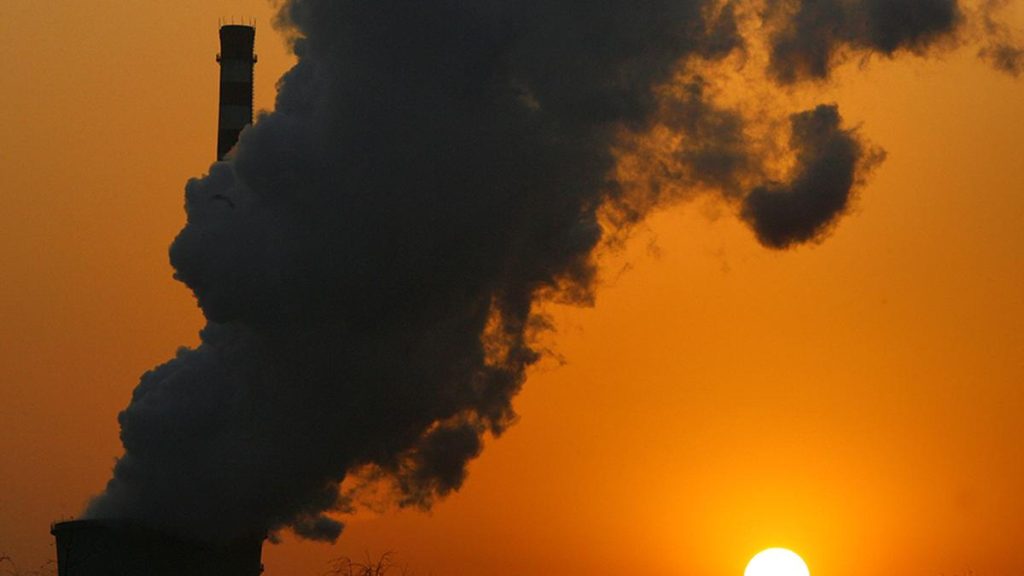
The sun sets next to a smokestack from a coal-burning power station in Beijing January 9, 2008.
| Photo Credit: Reuters
China aims to effectively eliminate severe air pollution by the end of 2025, a senior environment official said, as authorities ramp up efforts in pollution control and emissions reduction in the “battle for blue skies.”
China will improve its air quality forecasting and early warning systems and enhance coordinated management of harmful airborne particles known as PM2.5, as well as ozone pollution, said Li Tianwei, Director of the Department of Atmospheric Environment.
“The battle for blue skies remains unchanged,” Li said according to a transcript on the Ministry of Ecology and Environment’s website on Monday.
Though some progress has been made, air pollution remains a major problem in China and affects economies and people’s quality of life, said the World Health Organization (WHO).
Air pollution is responsible for about 2 million deaths in China annually, the WHO said. Of those deaths, ambient air pollution caused more than 1 million deaths, while household air pollution from cooking with polluting fuels and technologies caused another million deaths, it said on its website.
The WHO considers PM2.5 concentrations above 50 micrograms per cubic metre “severe” air pollution.
China’s air quality improved significantly in 2024, Li said. The average concentration of PM2.5 in cities was 29.3 micrograms per cubic metre, a year-on-year decrease of 2.7%.
The proportion of days with good air quality reached 87.2%, up by 1.7 percentage points year-on-year.
China must introduce new emission standards that align with global best practises, Li said, adding that the country will boost the share of new energy vehicles and machinery in airports, ports and logistics parks.
Authorities also plan to promote the long-distance transportation of bulk goods by rail and water, rather than by roads.
President Xi Jinping has said China prioritises environmental protection, promoting green lifestyles and that conservation of nature is an essential part of building a modern socialist country.
Published – February 25, 2025 12:06 pm IST


